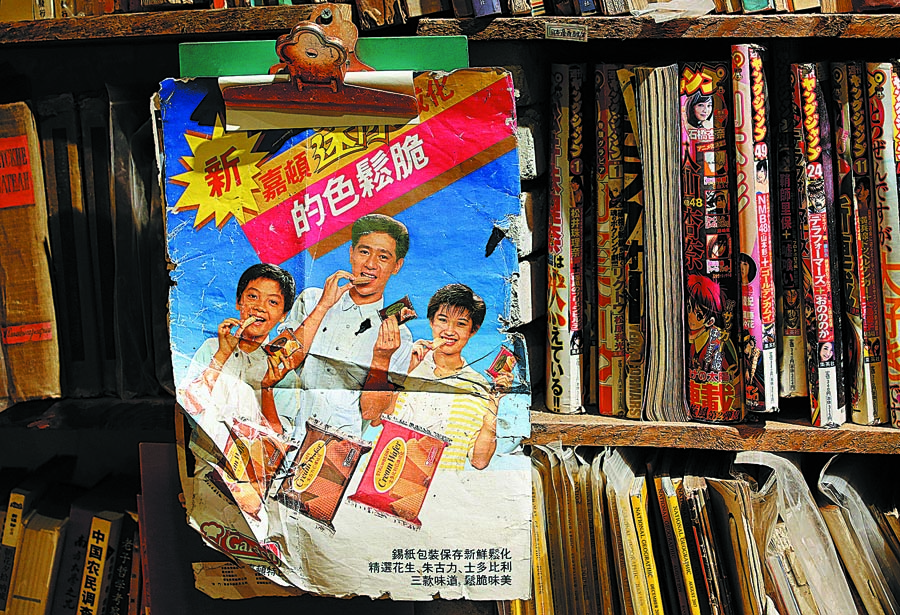

"I've thought about compiling a book about flea markets around the world," he says. "It would not just be a geographical guide, but more of an anthropological piece of work, covering the history of the markets as well."
The secondhand industry is highly beneficial to the planet, reducing carbon dioxide emissions by 1.6 million metric tons a year, according to IVL, a Swedish environmental research institute.
However, such a career choice, although profitable, is obviously not ideal for Wu's traditional parents to accept. Luckily for Wu, his girlfriend Liao Shujun supports him.
"I think he is pretty cool to stick to his dream and I do not feel that it is a waste of his talent," Liao says.
Wu has no set criteria for selecting what he buys, he says, nor any preference in terms of the material, history or design.
"My decision to buy something is made the instant I see it," he says, adding that he treasures that "wanting" moment of a secondhand object. "Whether it can be sold at a good price is, ultimately, not that important to me."